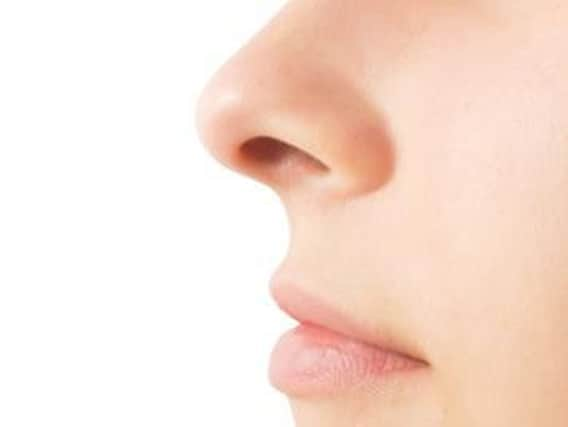How bacteria found in the human nose could be the answer to fighting superbugs such as MRSA


The new drug, named lugdunin, is made naturally by Staphylococcus lugdunensis, one of a number of different kinds of microbe that inhabit the nostrils.
In tests, it showed potent antimicrobial activity against a wide range of bacteria including the superbug strain methicillin-resistant Staphylococcus aureus (MRSA).
Advertisement
Hide AdAdvertisement
Hide AdNasal swabs from 187 hospitalised patients showed that 5.9% of people carrying S. lugdunensis had S. aureus bacteria in their noses compared with 34.7% of non-carriers.
The findings, published in the journal Nature, suggest that S. lugdunensis is a "friendly" microbe that helps protect us from S. aureus.
The scientists led by Dr Andreas Peschel, from the University of Tubingen in Germany, wrote: "Lugdunin has apparently evolved for the purpose of bacterial elimination in the human organism, implying that it is optimised for efficacy and tolerance at its physiological site of action.
"Thus, lugdunin shows promise as a potential drug for inhibiting growth of S. aureus in the nares (nostrils) and potentially other body sites."